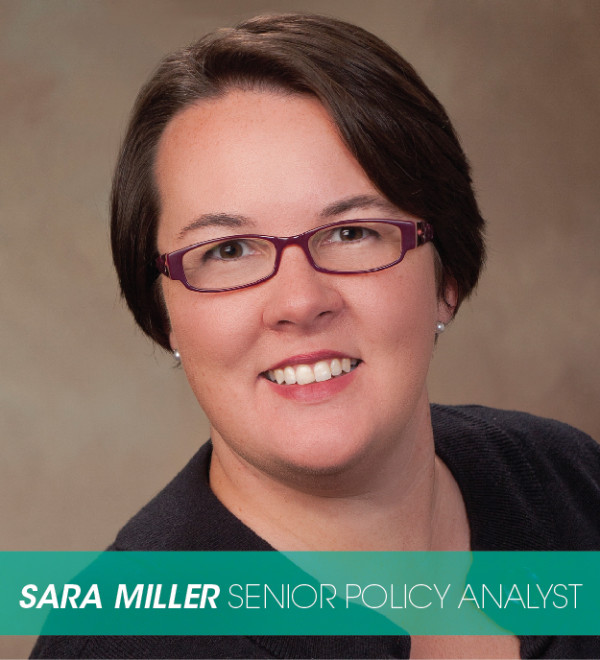Rejecting Medicaid Expansion would Create Coverage Gap for Mississippi’s Most Vulnerable Working Families
July 13th, 2012
One of the main purposes of the Affordable Care Act is to limit the number of uninsured Americans. Those without insurance often cannot afford regular medical treatment (including preventative care) and are forced to turn to costly emergency care when it cannot be avoided. This care is paid for by taxpayers through state Uncompensated Care funds and by consumers through increases in medical costs by providers to fund the balance of these costs. If everyone has health insurance, these costs are lowered and care costs less for everyone.
The ACA is designed to provide insurance to the uninsured through two basic measures:
- An expansion of Medicaid for the lowest income Americans
- A health insurance exchange to allow uninsured persons to buy insurance more easily and to provide subsidies for those at low income levels
Mississippi has engaged in considerable work to set up a health insurance exchange, and the mandate to purchase health insurance was upheld by the recent Supreme Court ruling. However, the same ruling allows states to opt out of participation in Medicaid expansion. Since the ruling, some Mississippi state leaders have been contemplating denying Medicaid coverage for the low income Mississippians who would be eligible under the ACA expansion.
According to estimates from the Urban Institute, the ACA Medicaid expansion would allow coverage for over 60% of the uninsured in Mississippi. The table below provides estimates of the number of uninsured below certain income thresholds.






